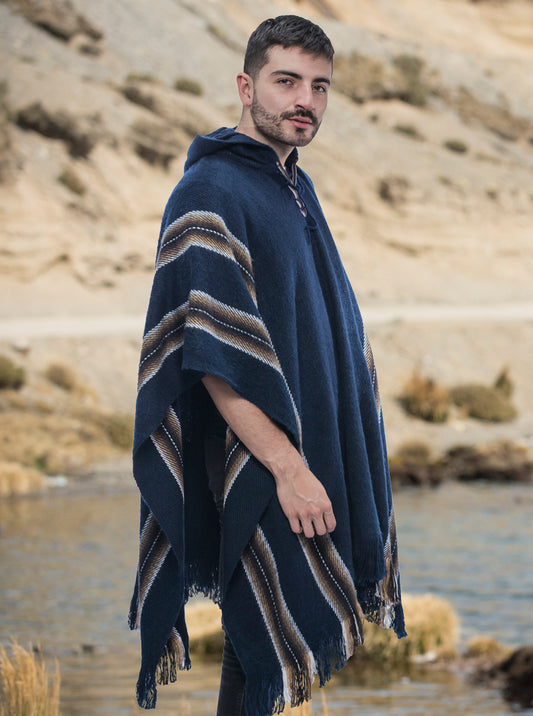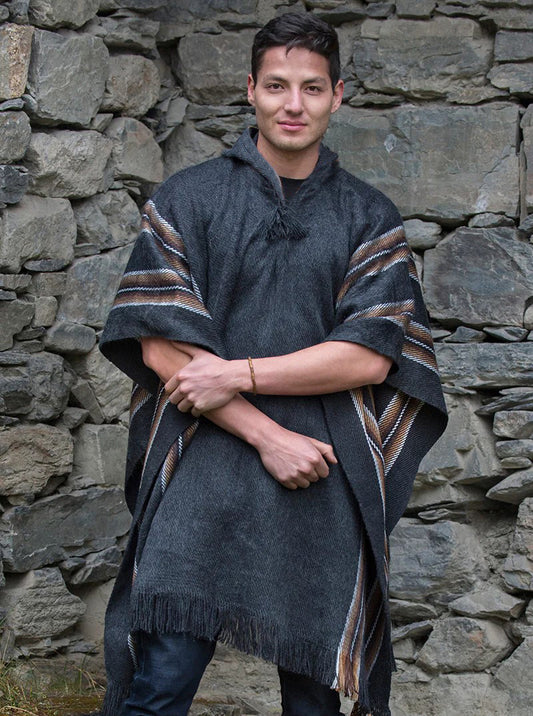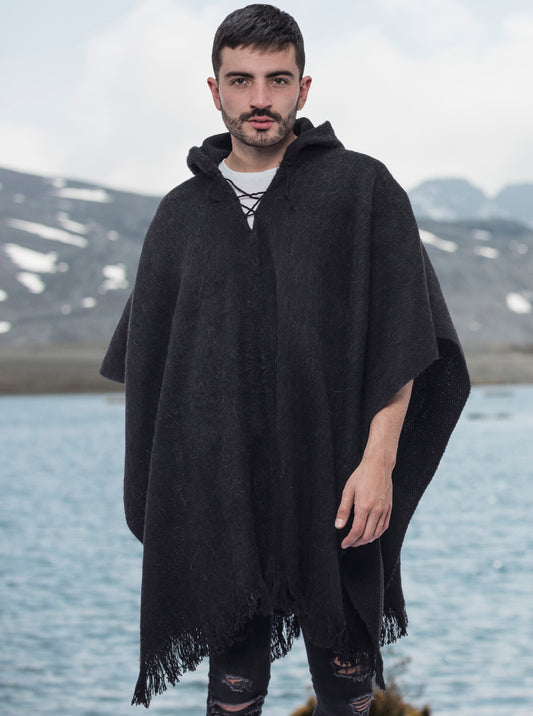Why Can Alpaca Fashion Be Considered Ecofriendly
Eco-fashion, also known as sustainable fashion. But, can alpaca garments be considered sustainable fashion? Is alpaca fashion ecofriendly? This article will explain why it must be considered sustainable and why it should be included within the eco-fashion movement.
- The alpaca fiber is one hundred percent natural. In many cases even the color of the garments is natural and the fibers have not been colored.
Alpaca garments are made with natural fibers obtained after shearing the alpacas. The alpaca fibers can be used directly in garments without addition of artificial fibers.
- It generates social impact and it develops social responsibility, benefiting small farmers.
The production and manufacture process of the alpaca garments generates social impact and social responsibility. Thousands of families in South America make receive their main income from raising alpacas.
AlpacaMall.com implements the social values and the corporate social responsibility through Fair Trade, and small producers receive fair payment for their work. In addition, no children work with alpaca fiber and there is no slave labor either.
Alpacas Fiber and Yarn and Chalinas
- The alpacas are sheared during the warmest time of the year.
In Peru and Bolivia the shearing takes place from October to December or January. This way the alpacas have good amount of hair and fiber during the harshest time of year; starting in May.
- Alpaca fiber is mostly handcrafted, with a minimal use of technology and industrialization. No toxic or polluting products are used.
The entire production process of the alpaca garments minimizes the use of polluting technology or products that are harmful to people or animals. Materials that pollute water or soil are not used either. No acids or petroleum are used.
Alpacas ruanas and hats. Photo: AlpacaMall.com
- The alpaca fiber is dyed mostly with natural products.
The alpaca fiber is usually dyed with natural products such as minerals, vegetables, plants, etc. For example, onions, carrots, beets, molle, rue, etc. To set the natural dye, lemon or vinegar is used.
- Alpaca breeding and the treatment of the alpaca fiber does not require high amount of water. In addition, alpacas live in areas where there is little water. The alpaca does not disturb its environment.
Breeding the alpacas does not require a high amount of water and this animal does not cause damage to the environment it inhabits. Also, the production of the alpaca fiber, the spinning, the dyeing of the wool and the preparation of the alpaca garments does not generate pollution nor does it require a lot of water that could affect the environment.
So, do you think it is environmentally friendly or not? From our point of view, if you're a conservationist and if you love nature, the alpaca fiber can be ideal for you: it does not damage the environment; it generates social impact and can be considered fair trade.
Featured Products
-
Grauer Kapuzenponcho mit braunen Linien
Normaler Preis €49,99 EURNormaler PreisGrundpreis pro€89,95 EURVerkaufspreis €49,99 EURAngebot -
 Angebot
AngebotAlpaka-Poncho Manco Kapac
Normaler Preis €48,95 EURNormaler PreisGrundpreis pro€96,95 EURVerkaufspreis €48,95 EURAngebot -
 Ausverkauft
AusverkauftAlpaka-Poncho Weiß
Normaler Preis €39,99 EURNormaler PreisGrundpreis pro€89,99 EURVerkaufspreis €39,99 EURAusverkauft -
Schwarzer weicher Poncho Alpaka - Boca del monte
Normaler Preis €44,99 EURNormaler PreisGrundpreis pro€89,99 EURVerkaufspreis €44,99 EURAngebot







